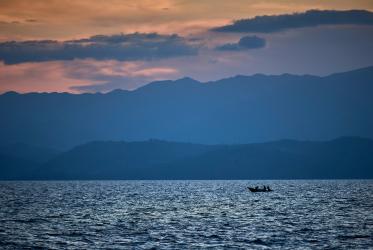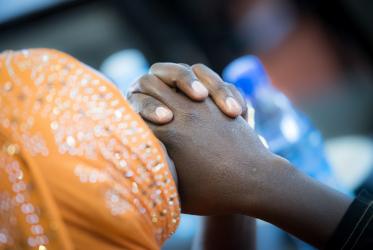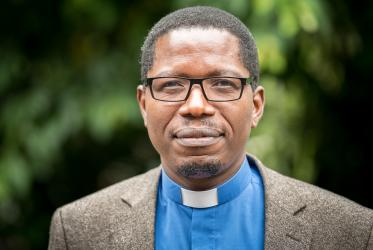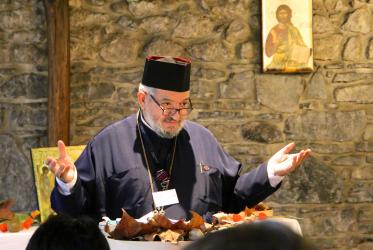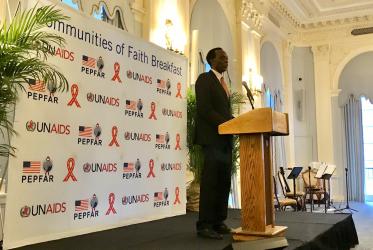Displaying 1 - 20 of 69
WCC mourns passing of Hendrew Lusey-Gekawaku
23 October 2020
Young people in Togo: “Hear our voice! We want to tell our stories!”
07 November 2019
Frontline advocates in Uganda are putting a stop to HIV stigma
16 September 2019
